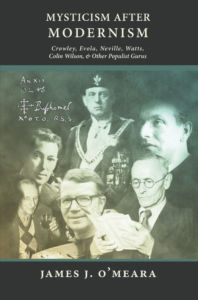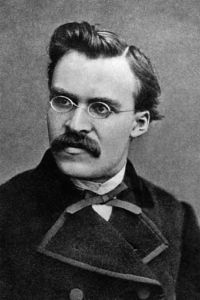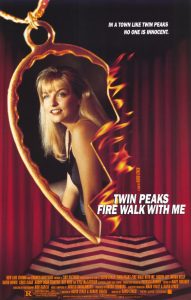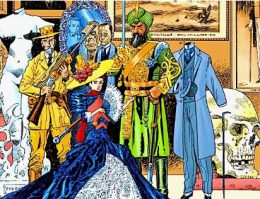
You can buy James J. O’Meara’s Mysticism After Modernism here.

You can buy James J. O’Meara’s Mysticism After Modernism here.
1,646 words
James J. O’Meara has a book out, Mysticism After Modernism: Crowley, Evola, Neville, Watts, Colin Wilson, and Other Populist Gurus, published by Manticore Press. The book is about where mysticism intersects with culture and politics, rather than being some purely academic look at mysticism and the occult. It is also about thinkers who used magic to enact real-world change.
Much of the Right is dismissive or derisive of the occult, their criticisms ranging from conspiracy theories about evil Illuminati occultists to dismissing the New Age scene as being solely for Left-wing hippies. Regardless, there is a lot of crossover appeal and syncretic occultism. (more…)








 7,911 words
7,911 words

